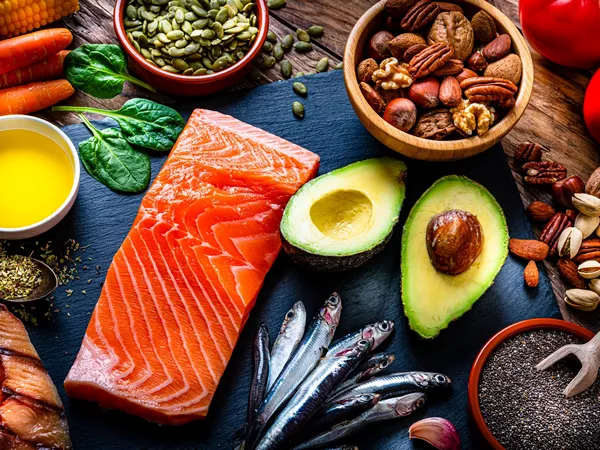FAQs
How can I increase my chances of getting pregnant?
Prioritize a healthy lifestyle by maintaining a balanced diet, regular exercise, managing stress, and avoiding harmful substances like tobacco and excessive alcohol. Understanding your menstrual cycle and ovulation window can also help optimize timing for conception.
What can I eat to make pregnancy easier?
Incorporate nutrient-rich foods such as fruits, vegetables, whole grains, lean proteins, and dairy products into your diet. Folic acid, iron, calcium, and omega-3 fatty acids are particularly important for fetal development and maternal health. Consider consulting with a healthcare provider for personalized dietary recommendations.
What not to eat while trying to conceive?
Minimize consumption of high-mercury fish, raw or undercooked meats, unpasteurized dairy products, and excessive caffeine. Avoid alcohol altogether, as it can impair fertility and increase the risk of birth defects. Processed foods high in sugar and unhealthy fats should also be limited to support overall reproductive health.
Related topics:
- Navigating Menopause: A Guide to the Best Foods
- Power of Magnesium: A Comprehensive Guide for Women’s Health
- Women’s Reproductive Health Through Nutrition: What You Need to Know


